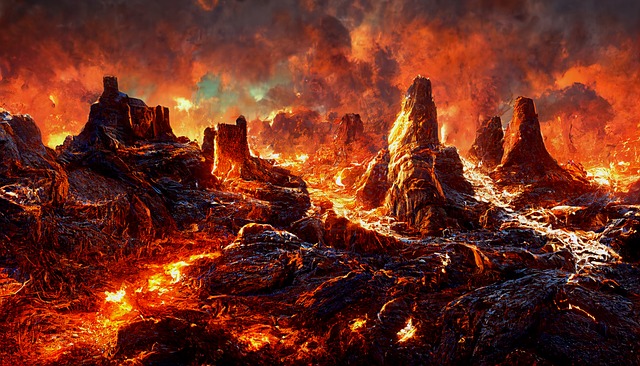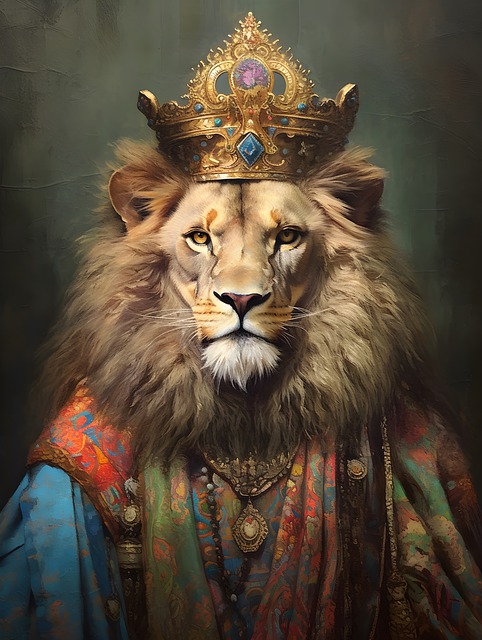Section 1: The Rise of AI in the Writing World
In recent years, we have seen a significant rise in the use of Artificial Intelligence (AI) in various industries, from healthcare to finance, and now, even in the world of writing. The idea of AI being able to write creatively may seem like something out of a science fiction novel, but it is now a reality. With the advancement of technology, AI has become a powerful tool for writers, enabling them to push the boundaries of creativity and redefine the art of writing. In this article, we will explore how embracing AI can lead to limitless creativity and revolutionize the way we approach writing.
Section 2: The Power of AI in Writing
AI has the ability to analyze vast amounts of data and generate content that is not only grammatically correct but also creative and engaging. This is made possible through Natural Language Processing (NLP), a branch of AI that focuses on understanding and processing human language. NLP algorithms can analyze and learn from existing texts, allowing AI to generate new content that mimics the style and tone of human writing.
One of the most significant advantages of using AI in writing is its speed and efficiency. While it may take a human writer hours or even days to come up with a well-written piece, AI can generate multiple versions of a text in a matter of seconds. This not only saves time but also allows writers to explore different ideas and styles without the limitations of time.
Moreover, AI can also assist in the research process by quickly scanning through vast amounts of information and extracting relevant data. This not only saves writers from the tedious task of research but also provides them with a wealth of information to work with. With the help of AI, writers can focus more on the creative aspect of writing, rather than spending hours on research and data analysis.
Section 3: Redefining the Art of Writing with AI
The use of AI in writing has sparked a debate about the future of creativity and the role of human writers. Some argue that AI-generated content lacks the human touch and emotional depth that is essential in writing. However, others believe that AI can enhance creativity by providing a new perspective and pushing writers to think outside the box.
AI can also assist in overcoming writer’s block, a common struggle for many writers. By generating new ideas and suggestions, AI can inspire writers to explore different angles and approaches to their writing. This can lead to unique and innovative content that may not have been possible without the help of AI.
Furthermore, AI can also aid in the editing and proofreading process. It can quickly identify grammatical errors, sentence structure issues, and even suggest alternative words or phrases to improve the overall quality of the writing. This not only saves time but also ensures that the final piece is error-free and polished.
Conclusion
In conclusion, the use of AI in writing is not about replacing human writers but rather about enhancing their creativity and productivity. With the help of AI, writers can break through the limitations of time and resources, and explore new possibilities in their writing. Embracing AI can lead to limitless creativity and redefine the art of writing, allowing writers to push the boundaries and create content that is both engaging and thought-provoking. As technology continues to advance, we can only imagine the endless possibilities that AI will bring to the world of writing. It is up to us, as writers, to embrace this change and use it to our advantage.











